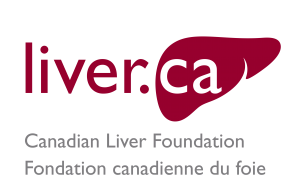Stroller Spotlight – Gonzalo & Manon Fiallos
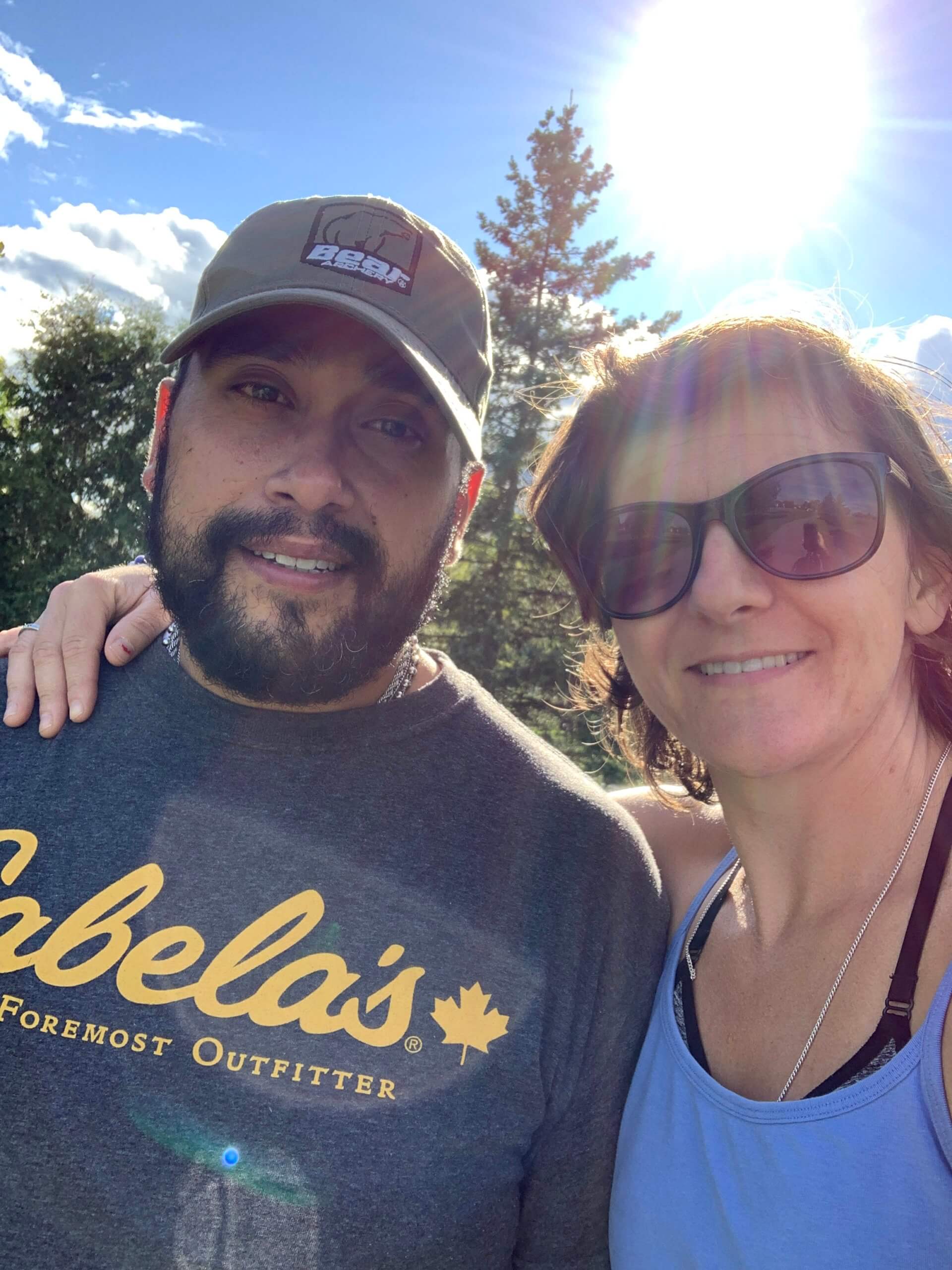
Stroller Spotlight: One in a Million - Gonzalo & Manon Fiallos
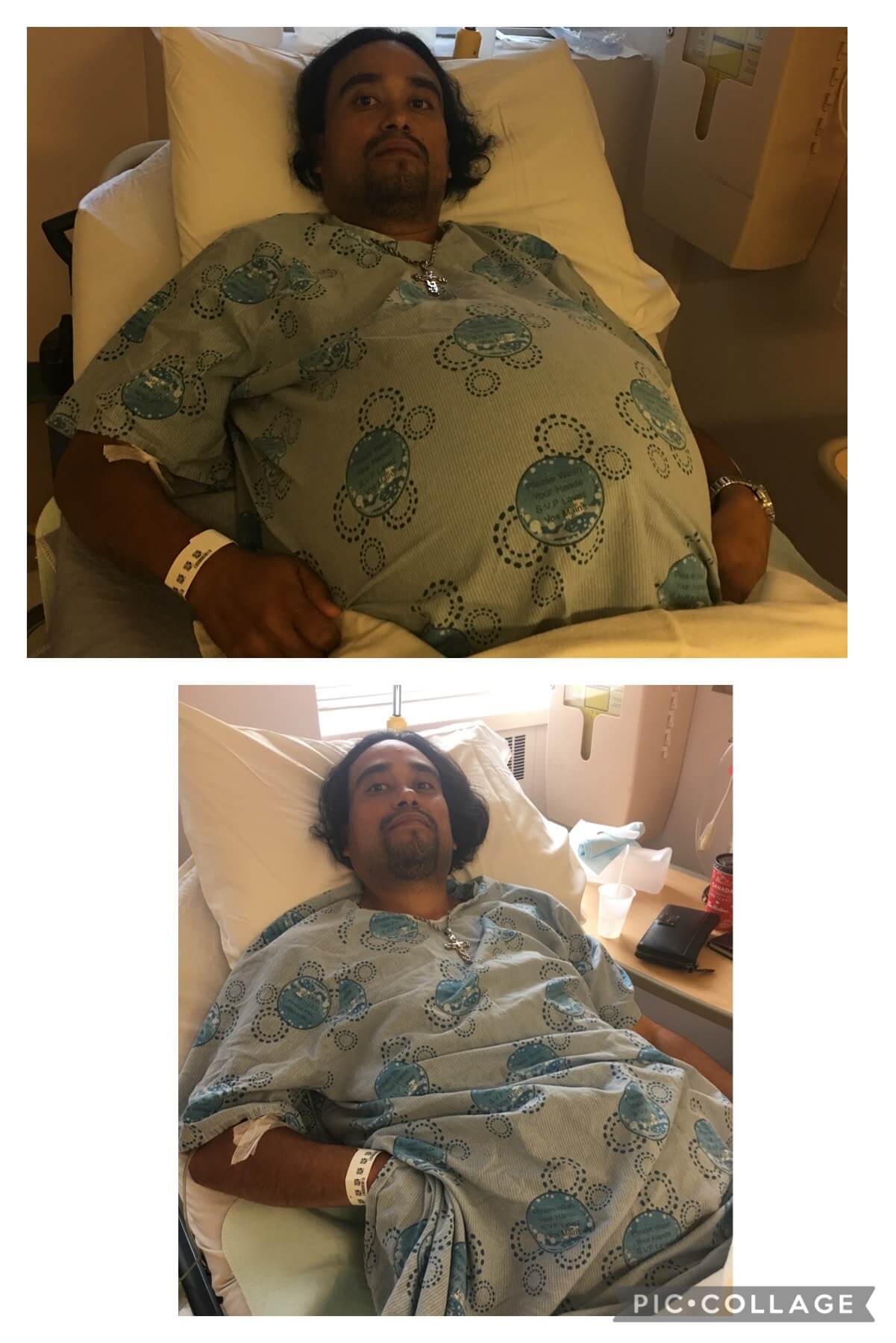 Gonzalo Fiallos lived a busy life, and admittedly, didn’t take the best care of himself. An extremely heavy drinker, in 2017, Gonzalo started feeling unwell and not his typical self. His health was in a steady decline: he started to gain a lot of weight in his stomach area that led to back problems, difficulties walking and sleeping, and consistent pain.
Gonzalo Fiallos lived a busy life, and admittedly, didn’t take the best care of himself. An extremely heavy drinker, in 2017, Gonzalo started feeling unwell and not his typical self. His health was in a steady decline: he started to gain a lot of weight in his stomach area that led to back problems, difficulties walking and sleeping, and consistent pain.
Although his wife Manon started ringing alarm bells, suggesting he slow down his alcohol intake and consider going to see a doctor, Gonzalo brushed it off, denying any problems and pushed through the pain and discomfort.
But his health kept declining and the pain and bloating in his belly continued to get worse. Finally, one day, he couldn’t take the pain – on March 16, 2017, he knew that “something wasn’t right” and took himself to a health clinic. After an assessment, they told him to go straight to the hospital – do not go home, do not wait until tomorrow, go now – it’s urgent.
Within minutes of arriving and meeting with a doctor, he was told his stomach bloating and pain was a symptom of cirrhosis. Cirrhosis is a condition that results from permanent damage or scarring of the liver, leading to a blockage of blood flow through the liver that eventually keeps the liver from working properly. The stomach bloating was ascites: when fluid accumulates in the abdomen.
The doctors brought Gonzalo into a small room and started asking questions. How much do you drink? A lot, every day. Do you have any kids? Yes. Do you want to see them grow up? Yes.
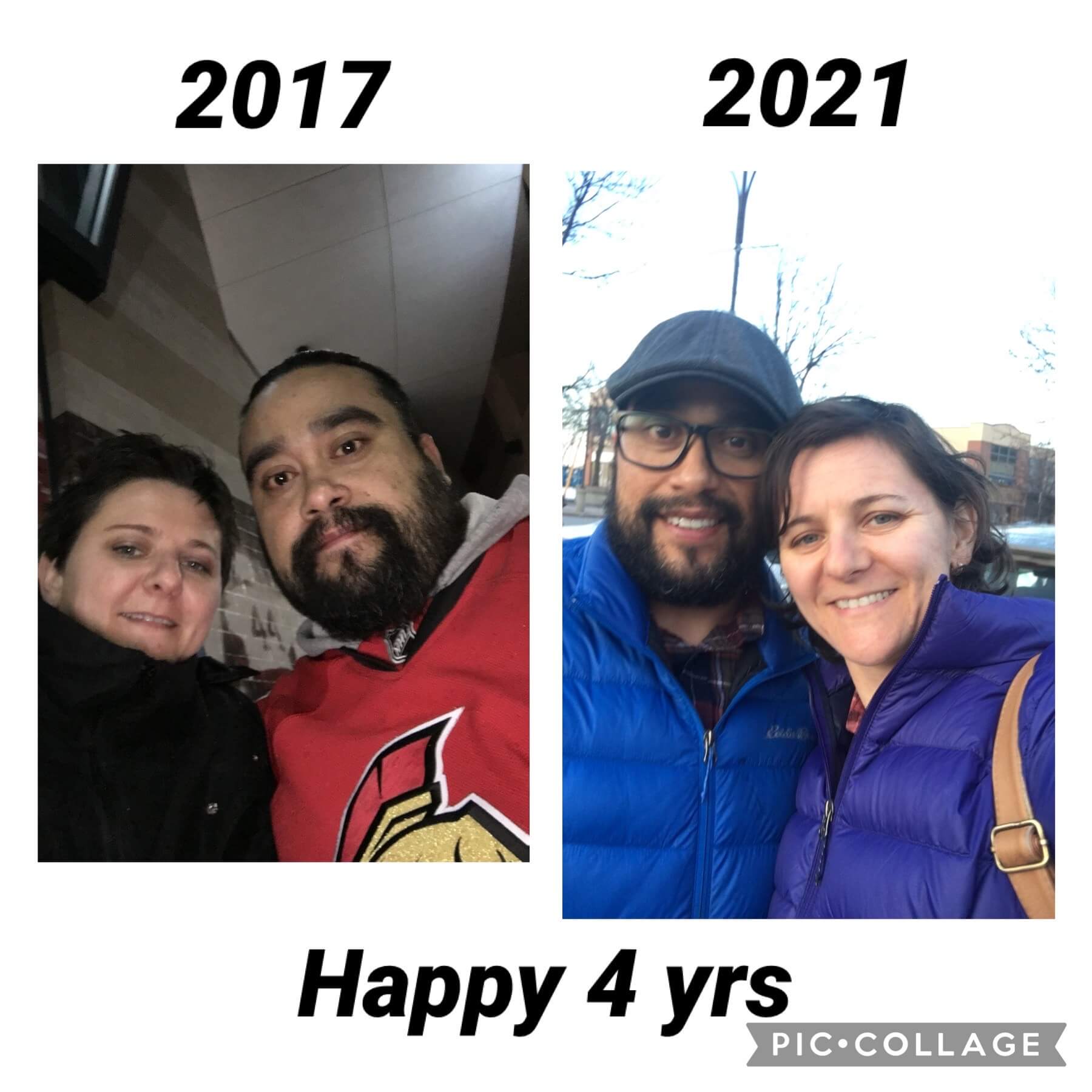 Then you have one option: you have to change your lifestyle and quit drinking. If you continue with this lifestyle, you will die, and soon.
Then you have one option: you have to change your lifestyle and quit drinking. If you continue with this lifestyle, you will die, and soon.
That was the moment that Gonzalo’s life changed. Even with the statistic that approximately 80 per cent of people who try to quit drinking will relapse in the first year, Gonzalo has been given the only motivation he needed: quit, or die. And he did quit – cold turkey, that day.
Along with quitting drinking, Gonzalo shifted his diet significantly, adjusting his protein and restricting his salt intake. He did a lot of research to find a nutrition balance that worked for him, and took his new lease on life seriously.
But diet wasn’t enough to reverse his condition, the ascites required a treatment called paracentesis – a procedure to remove excess fluid from the belly using a needle and drainage bag. His first procedure was in July 2017 – at that time, his belly was getting worse, even with medication and a strict diet. After his first paracentesis session, he had 15L of liquid extracted from his belly and walked out of the hospital 30lbs lighter. But one session wasn’t enough, and Gonzalo returned two weeks later, and then again, and again.
The procedures became part of the Fiallos’ routine, with Gonzalo going in every couple of weeks, for just under a year. But, eventually, it did start getting better, and the appointments became further and further apart.
When in the hospital for a different procedure, his doctor team reviewed his medical history, scanned his numbers and collectively shared in the shock of his progress. Gonzalo’s journey was astonishing and as the doctors said, “one in a million.”
 When asked how he managed to cut his habits and flip his health around, Gonzalo shared that he “couldn’t have done it without Manon. We don’t do enough to honour and share the stories of caregivers. As a patient you have feelings of guilt and shame and helplessness – leaning on someone else to take care of you and carry the emotional burden of your illness with them – you have that person to listen to your fears and support you on the roughes days, but they don’t often share their worries back, because they are trying to stay positive for you. Caregivers are on an island and carrying the weight of everyone’s worlds on their shoulders.”
When asked how he managed to cut his habits and flip his health around, Gonzalo shared that he “couldn’t have done it without Manon. We don’t do enough to honour and share the stories of caregivers. As a patient you have feelings of guilt and shame and helplessness – leaning on someone else to take care of you and carry the emotional burden of your illness with them – you have that person to listen to your fears and support you on the roughes days, but they don’t often share their worries back, because they are trying to stay positive for you. Caregivers are on an island and carrying the weight of everyone’s worlds on their shoulders.”
Manon recognized the weight and impact her caregiver role had on her wellbeing, and reached out to the Canadian Liver Foundation (CLF) for support. She was told that there was a peer support group, but the meetings were held in Toronto, over 4.5 hours from Manon’s life in Ottawa. Once Gonzalo’s health was stable and the weight and worry of his wellbeing were lifted, Manon and Gonzalo approached the CLF with the idea of starting their own Ottawa-area support group.
They met with a representative from CLF and had their first official meeting in the fall of 2019. They worked together to create themes for each meeting, making sure that at least one session be dedicated to caregivers – giving them the space to be heard.
The COVID-19 pandemic followed shortly after their launch, but the move to virtual meetings helped accelerate the peer program and open up access to more members. Soon, the program is expected to go national, offering peer support sessions to liver health patients and caregivers across the country.
When asked why the peer support group meant so much to her, Manon answered, “if you have hope, then you have a clear path on the journey to fight your battles. The support of people who have lived through these same experiences before gives you that hope.”
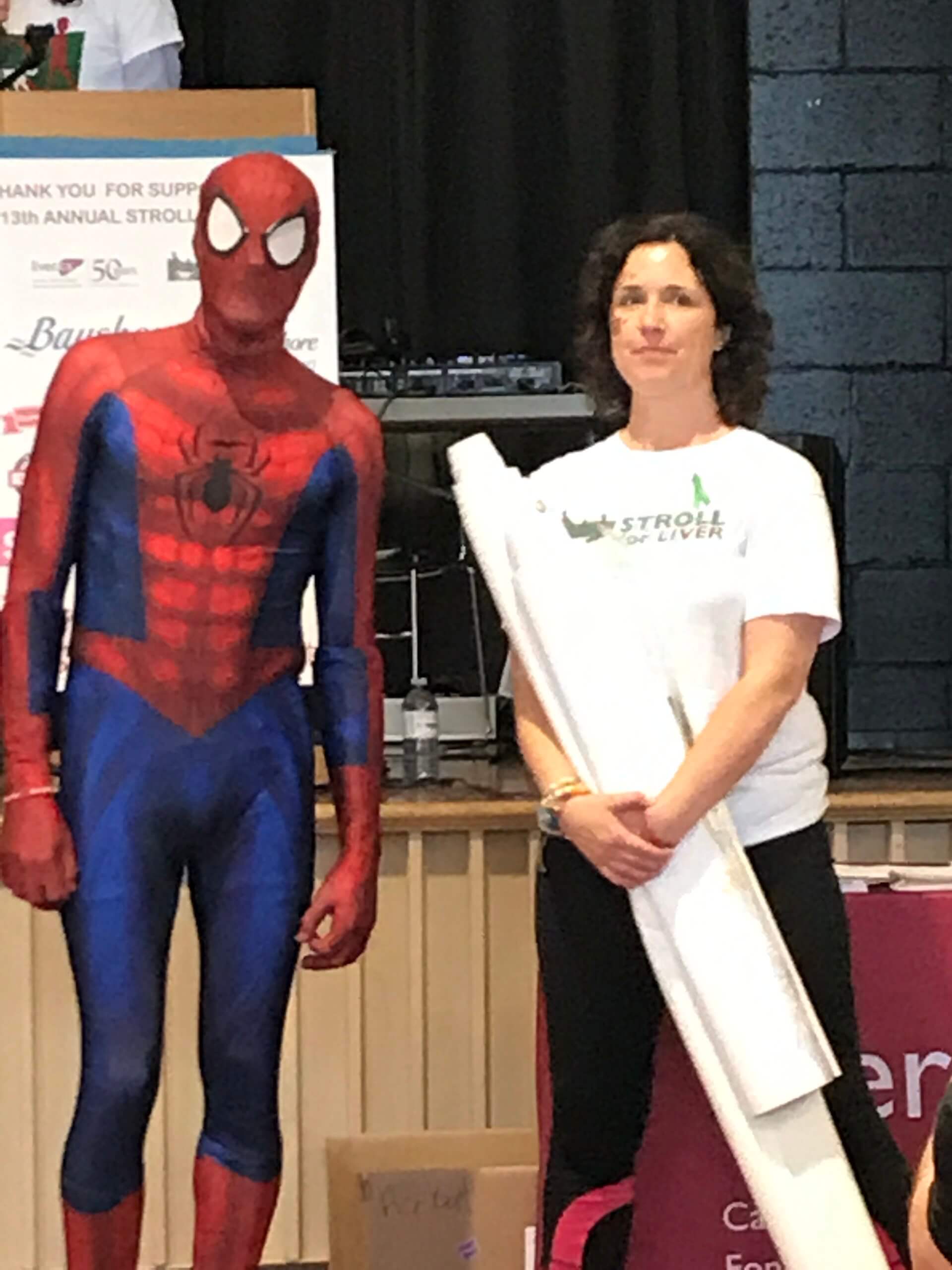 Like many others, each year Manon and Gonzalo take part in the Stroll for Liver with the goal of giving back and connecting further with their community, raising funds for CLF and raising awareness about liver health and liver disease.
Like many others, each year Manon and Gonzalo take part in the Stroll for Liver with the goal of giving back and connecting further with their community, raising funds for CLF and raising awareness about liver health and liver disease.
They both believe that liver health needs more of a voice – unless you, or someone you know, has liver disease, you don’t truly understand the implications, or necessarily understand exactly how much your liver does for you every day. It’s not until you’re about to lose it, that you realize how incredibly important and essential your liver health is for hundreds of your body’s functions.
Gonzalo doesn’t often like to share his liver health journey – he sees his liver disease as self-inflicted and not comparable to so many people who’s liver diseases are not behaviour-induced. But that’s also why he chose to share his story – because liver health is not tied to or caused by one thing – and he hopes to help give liver disease the spotlight it deserves so people can learn more about it, how to prevent it, and how to get support.
He and Manon hope that the Stroll will continue to grow each year so that together, the liver health community can help create a growing awareness among those not familiar with liver health and liver disease.
Gonzalo’s advice: a simple liver test could save your life – always listen to your body and advocate for your health.
